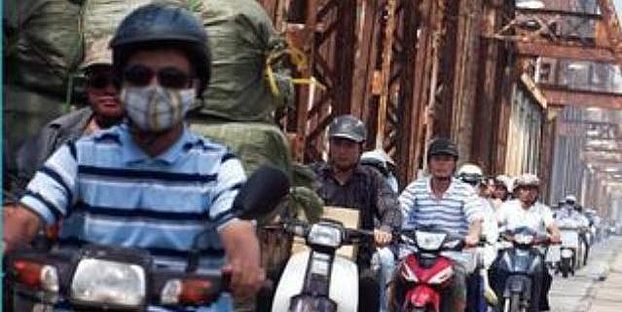Xool nu bu baax: Hip-hop, Youth Movements and Change in Senegal

Maren Larsen | USAID. Wilson Center. Cities Alliance. The World Bank., 2012
The victory of Macky Sall ousting the octogenarian incumbent Abdoulaye Wade in Senegal’s recent presidential election is being hailed as a triumph for democracy on the African continent.1 Many onlookers have already begun to attribute the Benno Bokk Yakaar coalition leader’s successful elec- tion to the large youth constituency,2 mobilized through several indigenous forces and popular movements—one of the most interesting to Western media being hip-hop. The existence of a relationship between hip-hop and Senegalese politics is, however, not a new phenomenon and should not come as such a surprising platform for political expression. Since its inception and reappropriation by urban youth in the streets of Dakar, hip-hop culture has always contained a political dimension and has been used to protest, raise political awareness, and even help elect or dispose of presidents. What is more fascinating about what is going on in the Senegalese hip-hop scene however, are the strategies taken up by members of the movement to in- crease hip-hop’s capacity to turn words into action and position themselves in such a way as to create economic development and social advancement out of an urban, artistic “subculture.” ...
